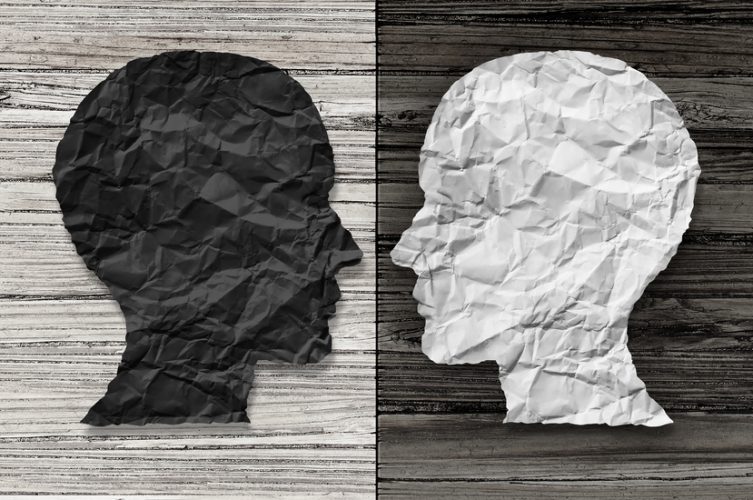Men's Health is the brand men live by for fitness, nutrition, health, sex, style, grooming, tech, weight loss, and more.
Wednesday, 4 September 2019
Alzheimer’s & Dementia
The word dementia means deprived of mind. It is a catchall term that covers memory loss, confusion, changes in personality, a decline in thinking skills, and dwindling ability to perform everyday activities.
There are many types of dementia. Alzheimer’s disease is the most common. Half or more of people with dementia have Alzheimer’s disease. It is caused by the accumulation of tangles and clumps of protein in and around brain cells. These tangles and clumps make it difficult for brain cells to communicate with one another, and can eventually kill them.
Vascular dementia, the second most common type, develops when cholesterol-clogged arteries can’t deliver enough oxygen-rich blood to the brain. Sometimes small blockages completely cut off the blood supply to a part of the brain, causing nearby brain cells to die.
The terms dementia and Alzheimer’s are often used interchangeably. In part, that’s because it is very hard to tell them apart. Usually, a specific type of dementia can only be diagnosed by an autopsy after someone has died.
Dementia affects areas of the brain involved in learning and memory. So a common symptom is difficulty in recalling new information. Memory loss disrupts daily life. An individual with dementia may get lost in a once-familiar neighborhood. He or she may have increasing trouble making decisions, solving problems, or making good judgments. Mood and personality may change. A person with dementia can become more irritable or hostile, or lose interest in almost everything.
Once dementia has developed, it is usually hard to reverse. The goal of treatment is to manage symptoms and slow its progression. Some medications can help slow the intellectual decline in mild to moderate dementia. Psychotherapy techniques like reality orientation and memory retraining can also help people with this condition.
A small percentage of people with dementia develop the condition because of medical issues such as an underactive thyroid gland, an infection, not getting enough vitamin B12, medication side effects, or drinking too much alcohol. In these cases, treating the underlying cause can reverse the dementia.
Subscribe to:
Post Comments (Atom)
Popular Posts
-
WHAT HAPPENS TO YOUR BODY AFTER THE HCG DIET? WHAT HAPPENS TO YOUR BODY AFTER THE HCG DIET? Your body may undergo amazing chang...
-
More Evidence Links Mediterranean Diet to Less Depression Adherence to a healthy diet, particularly the plant-rich Mediterran...
-
Do You Have Problems With Concentration And Mental Clarity? Do You Have Problems With Concentration And Mental Clarity? Low tes...
-
Alzheimer and Dementia: Experts explain how they differ… Alzheimer and Dementia: Experts explain how they differ… What is Alzhe...
Sample Texts
Erectile dysfunction (ED) is the inability to get or keep an erection firm enough to have sexual intercourse. Erectile dysfunction, also known as impotence, is a type of sexual dysfunction characterized by the inability to develop or maintain an erection of the penis during sexual activity in humans..
Tags
Blog Archive
Featured post
Alzheimer and Dementia: Experts explain how they differ… Alzheimer and Dementia: Experts explain how they differ… What is Alzhe...

Popular Posts
-
Does Sugar Cause Diabetes? Fact vs Fiction What Is Diabetes? Diabetes occurs when your body is no longer able to impressively r...
-
The Truth About Anorexia The Truth About Anorexia Anorexia is not a choice. Anorexia is not a lifestyle. Anorexia is not ab...
-
Six things you should know about breast cancer risk Six things you should know about breast cancer risk There’s no one big way ...
-
When the arrival of menopause brings symptoms of depression A new study suggests that hormone therapy might help with perimenopau...
-
8 WAYS HOW PAIN CAN AFFECT YOUR LIFE! 8 WAYS HOW PAIN CAN AFFECT YOUR LIFE! Pain can be a chronic and a complex condition. It u...
Text Widget
Health is a state of physical, mental and social well-being in which disease and infirmity are ... Studies have shown that high levels of stress can affect human health. In the first decade of the 21st century, the conceptualization of health as an ..
Created with by OmTemplates | Distributed By mans health

No comments:
Post a Comment